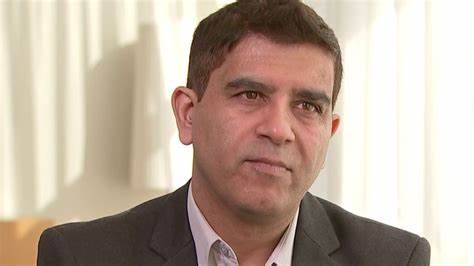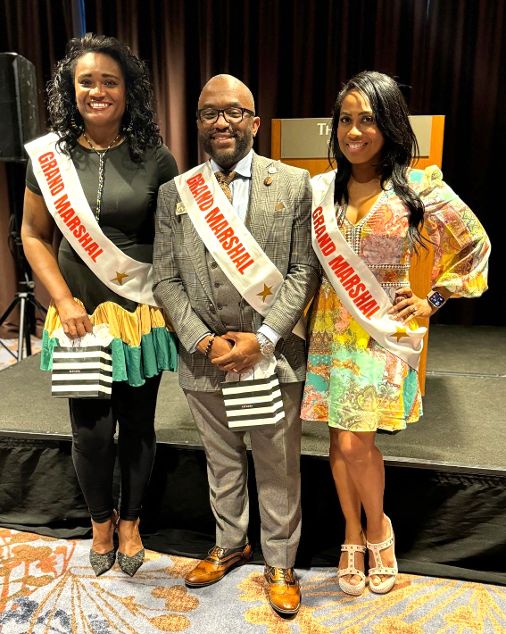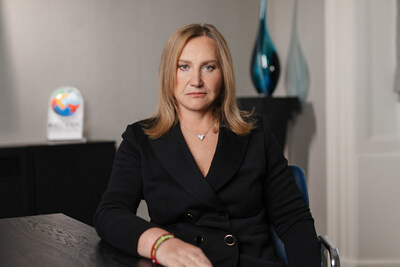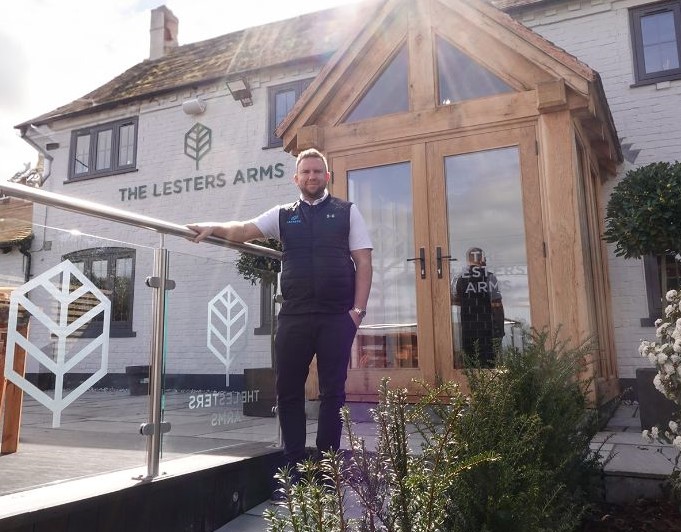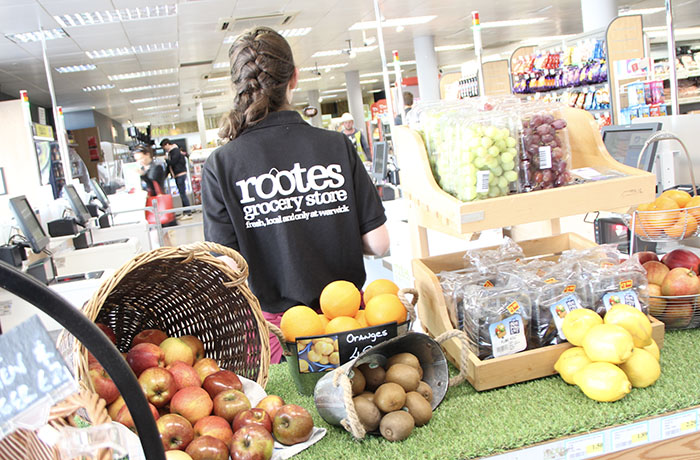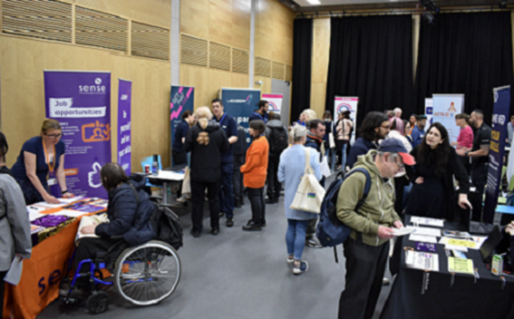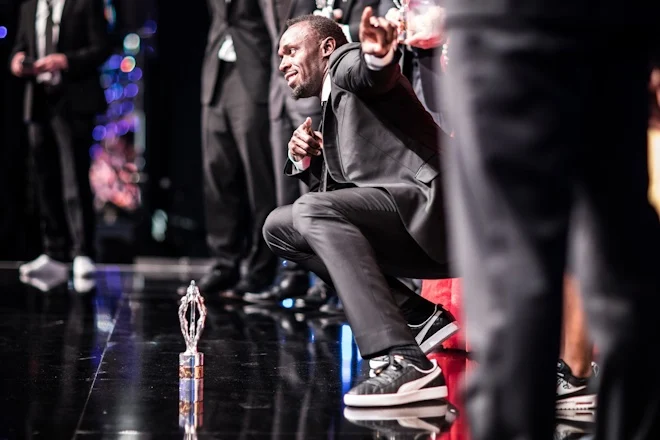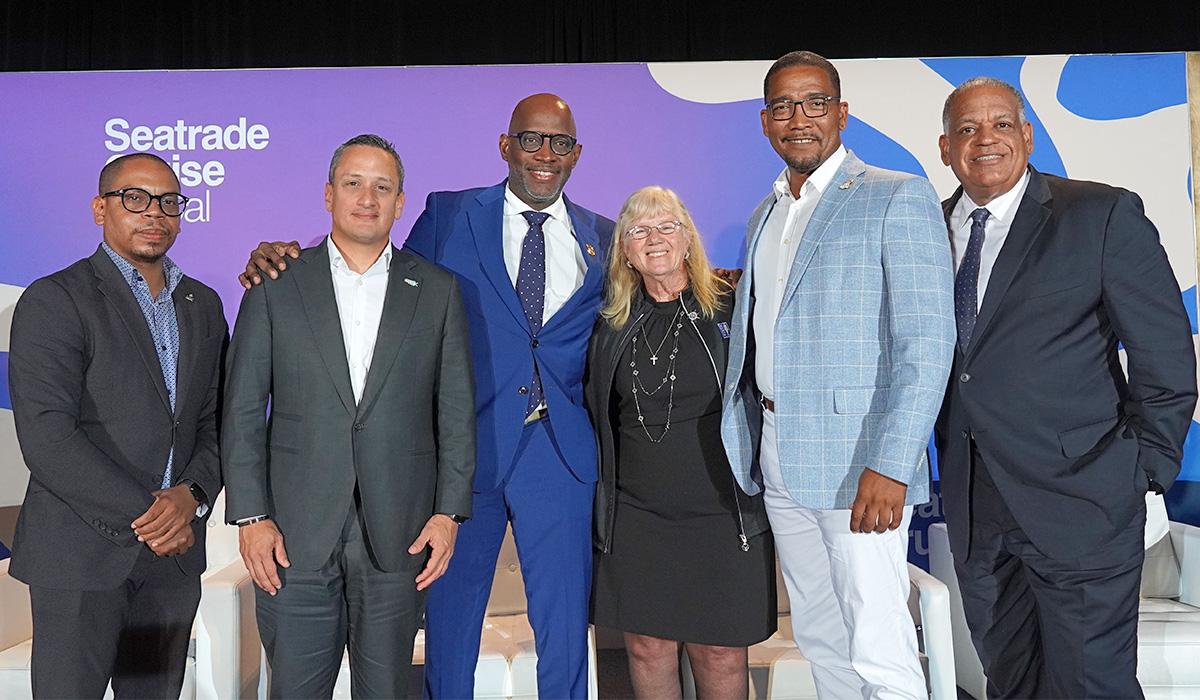International Women’s Day, which takes place on Monday 8 March, offers a chance for people around the world to celebrate the efforts of women in a number of industries. It’s also a chance to reflect on how things have changed and developed in the world of business.
For example, in the US, there are now 114 percent more female business owners than there were twenty years ago. These businesses also generate $1.8 trillion a year. However, just seven percent of these businesswomen receive funds for their companies, while only 25 percent of them seek business funding.
At Birmingham City University Advantage, they have been striving to ensure businesses of all shapes and sizes, as well as business owners of any gender, are given the support that they need to grow. They also encourage female entrepreneurs and businesses to seek funding, ensuring they boost their brands and expand their profiles.
Veronika J turned to Higher Level Skills Match (HLSM) to help her pursue her goals of creating her own photography business. “I found starting out to be a challenge. I had no mentor and wasn’t sure where to access information,” she says. “That’s why I started looking for business startup advice opportunities. I was amazed that there are programmes offering various support that could help me make my dreams come true.”
HLSM has enabled Veronika to focus on her business growth, and she is looking forward to making a real difference. “I’m so grateful to have this fantastic opportunity for training and development to boost the skills which I lack,” she says.
Their business analysis tools help small businesses to identify areas for growth and understand any prevalent issues. Led by experienced business support expert Mark Gilman, the service includes the business diagnostic – an extensive questionnaire which results in a personalised report. It also boasts tailored support and one-on-one workshops.
One businesswoman to benefit from the business diagnostic is Jane Miller, a consultant and trainer in childcare and education with over 18 years of experience. She has worked with Gilman extensively over the years, and used our services once again during the Covid-19 restrictions to assess how her business could progress digitally.
“After lockdown, I realised my business wasn’t sustainable. I didn’t have a Plan B,” she says. “Since being in lockdown, I’ve had to start elements of my business from scratch by creating fresh online programmes.”
Jane believes that the business analysis tools helped provide a clearer idea of what she wanted. “The sessions helped me create new ideas,” she reveals. “I now have a clear purpose and vision. Plus, it’s all written down so I can review it at all times and build on it.”
Many other businesswomen have turned to our business services for advice, including
Birmingham City University alumni.
Nasra Hagri Mohammed graduated from BCU in 2012 with a degree in midwifery. After seeing the mental and physical struggles women face during pregnancy, Nasra founded Recognize, which provides wellness training and one-to-one support for perinatal women.
She credits the business analysis tools for providing clarity and forward thinking. “I’ve learnt it’s important to go back to basics and reflect on purpose, mission and values,” Nasra says. “I am now more visionary and can see where the company is heading.” Other female business owners have also benefited from working with STEAMhouse, which provides workshop facilities, small business funding, and invaluable advice and guidance.
Sonia Reynolds owns Zephlinear, a manufacturing company that provides educational design kits. These kits have proven popular with both hobbyists and those working in education, often being used to teach STEAM subjects. After seeking an interest in the growing electronic textiles market, Sonia decided this would be a great area to focus on. However, she lacked the knowledge and the funding to make it happen.
“STEAMhouse provided business support and financial funding, which included purchasing prototyping materials,” Sonia explains. “We attended scoping meetings organised by STEAMhouse, where we able to gain the right support and get a better understanding of the materials.”
Zephlinear are now finalising the presentation of three new e-textile kits. Sonia credits STEAMhouse for assisting in their progress. “Access to technicians, experts and development funding has allowed the business to advance quite considerably,” Sonia explains. “The support has brought strength to the business structure, as well as to future outputs.”



